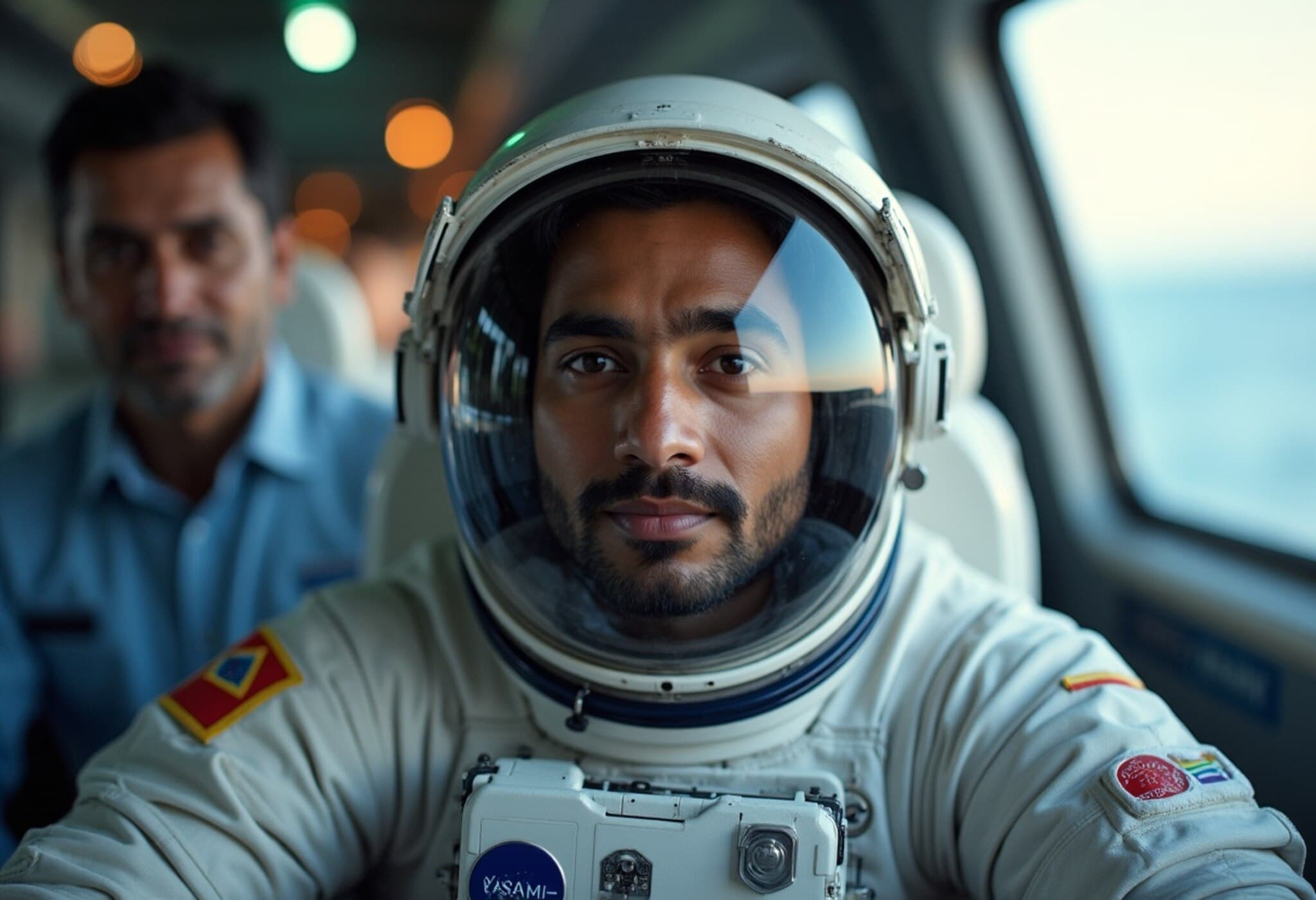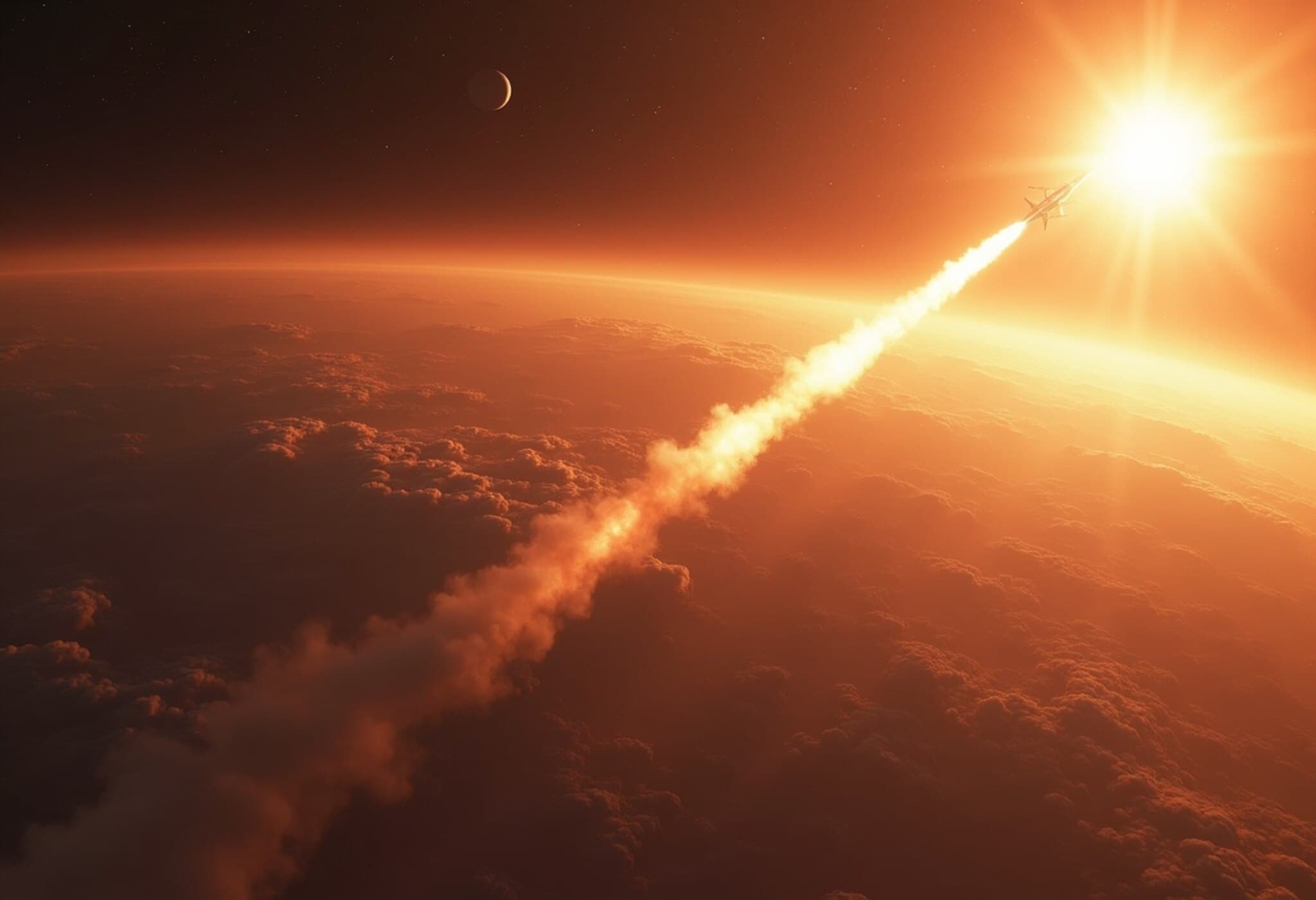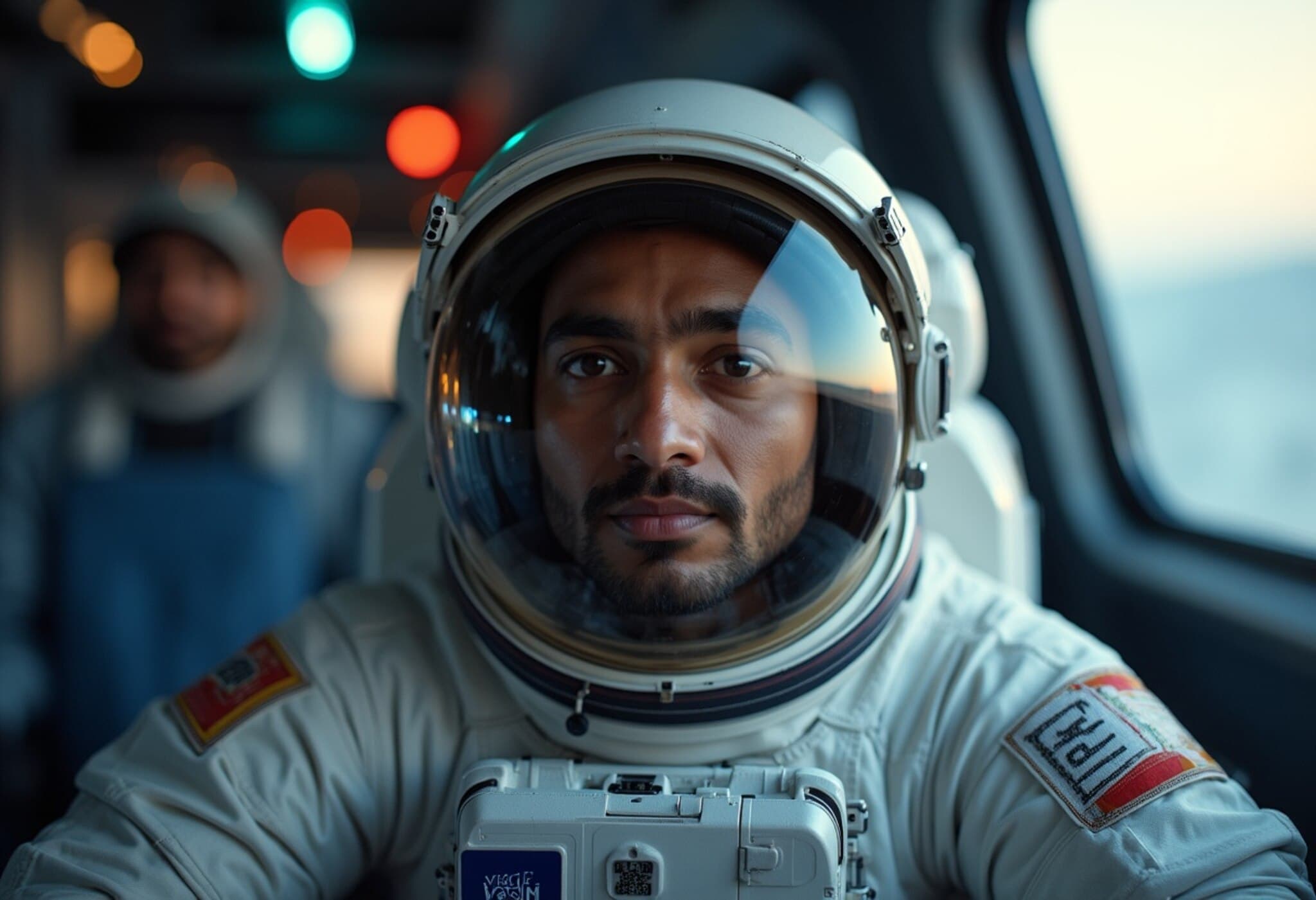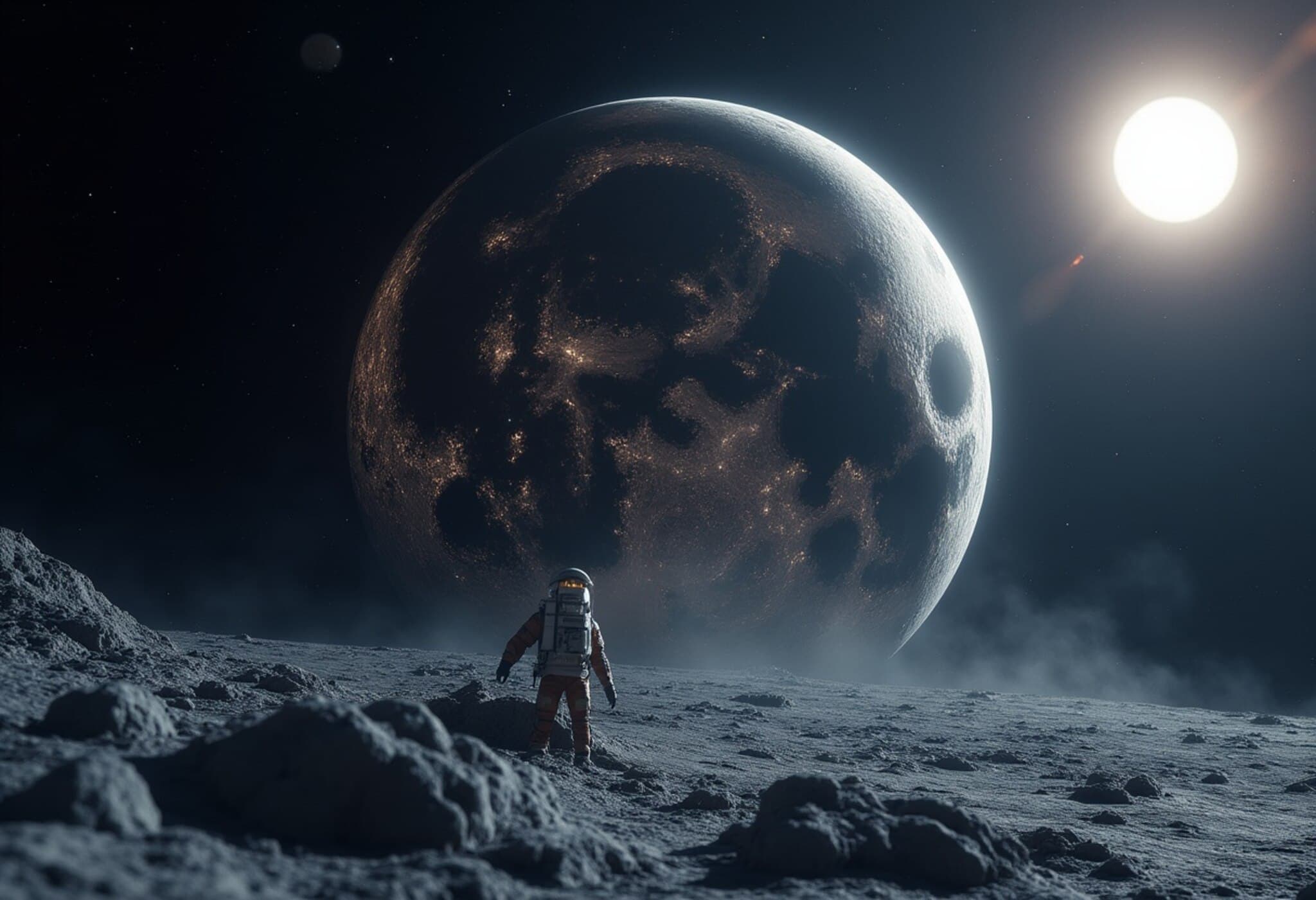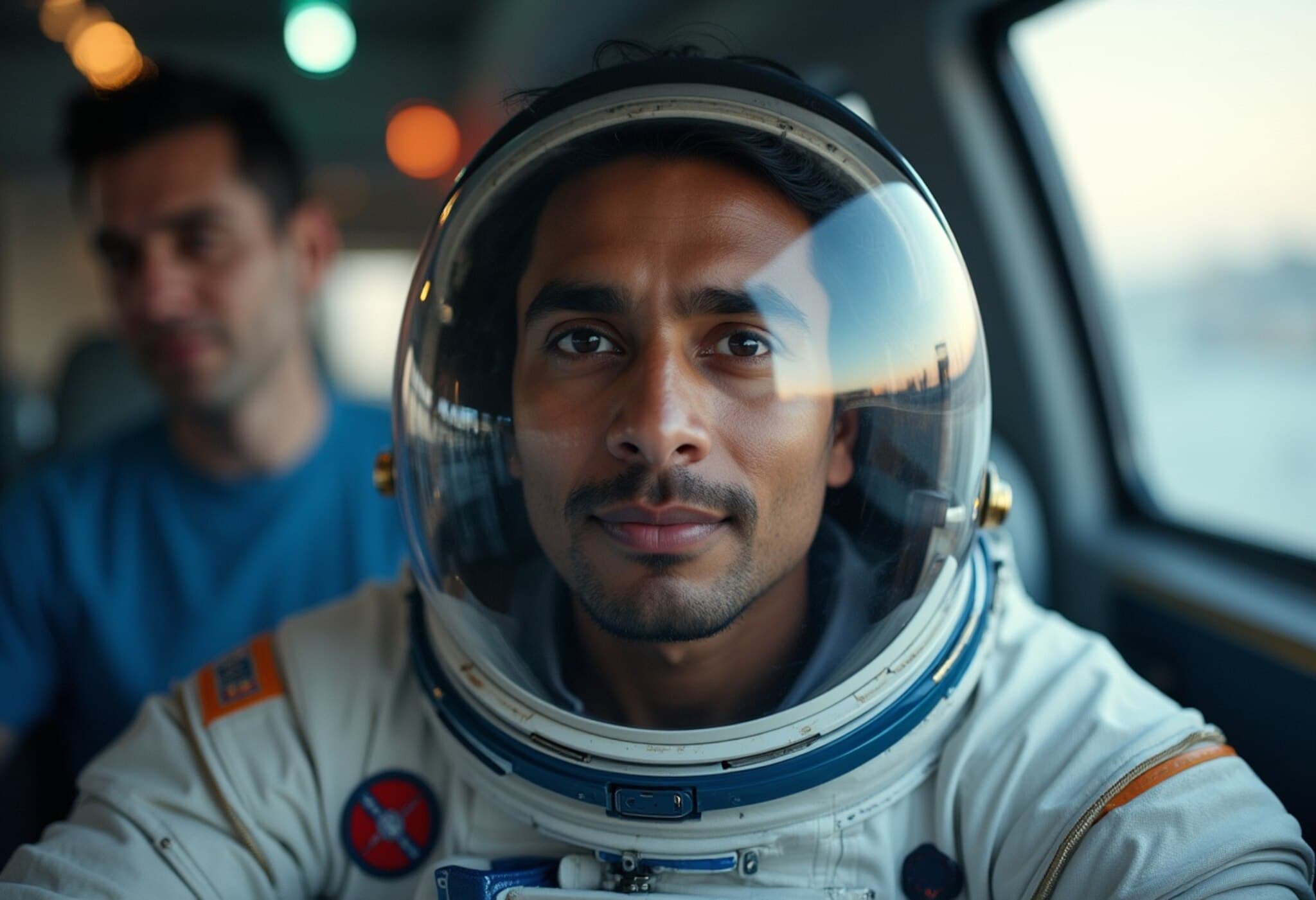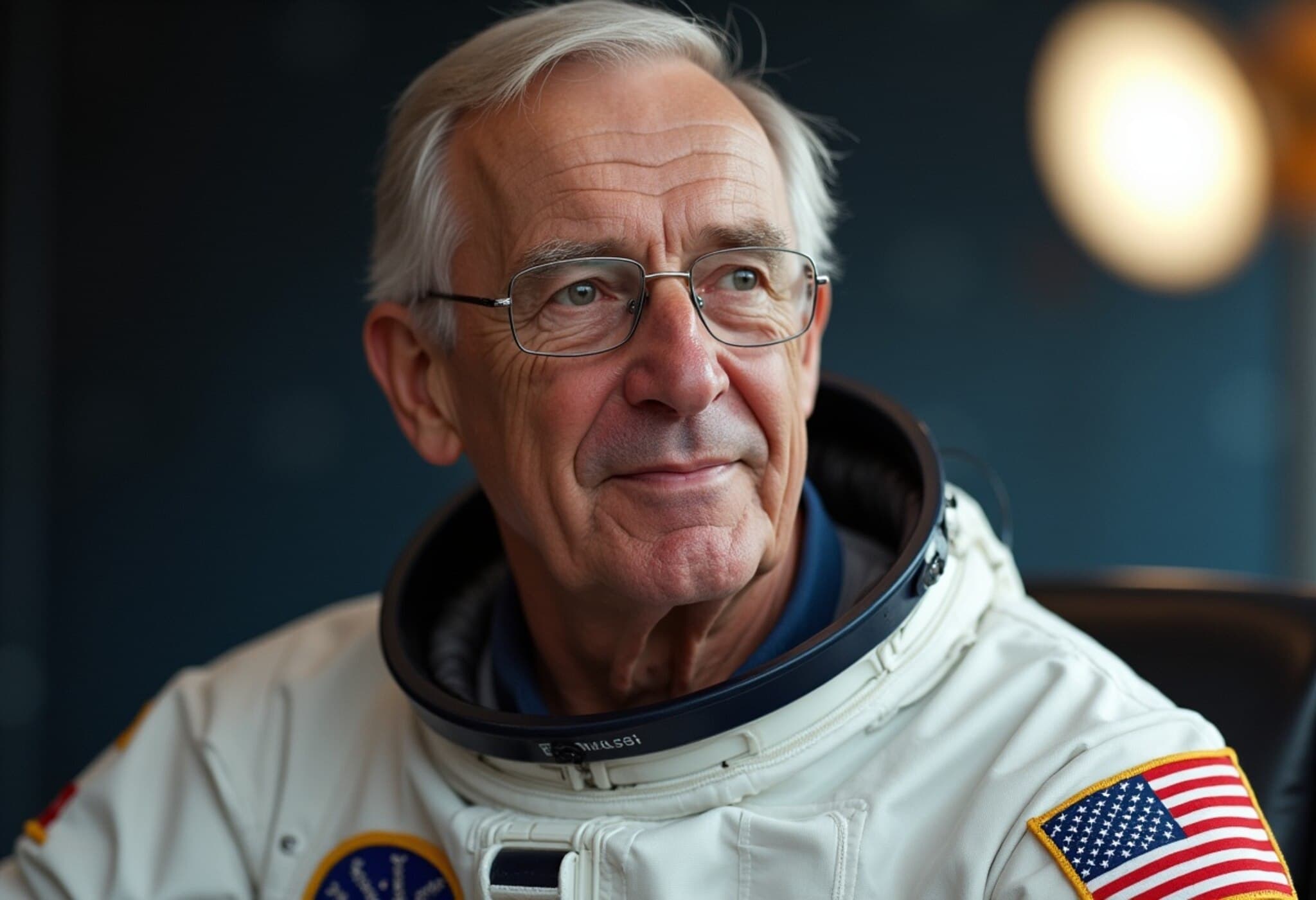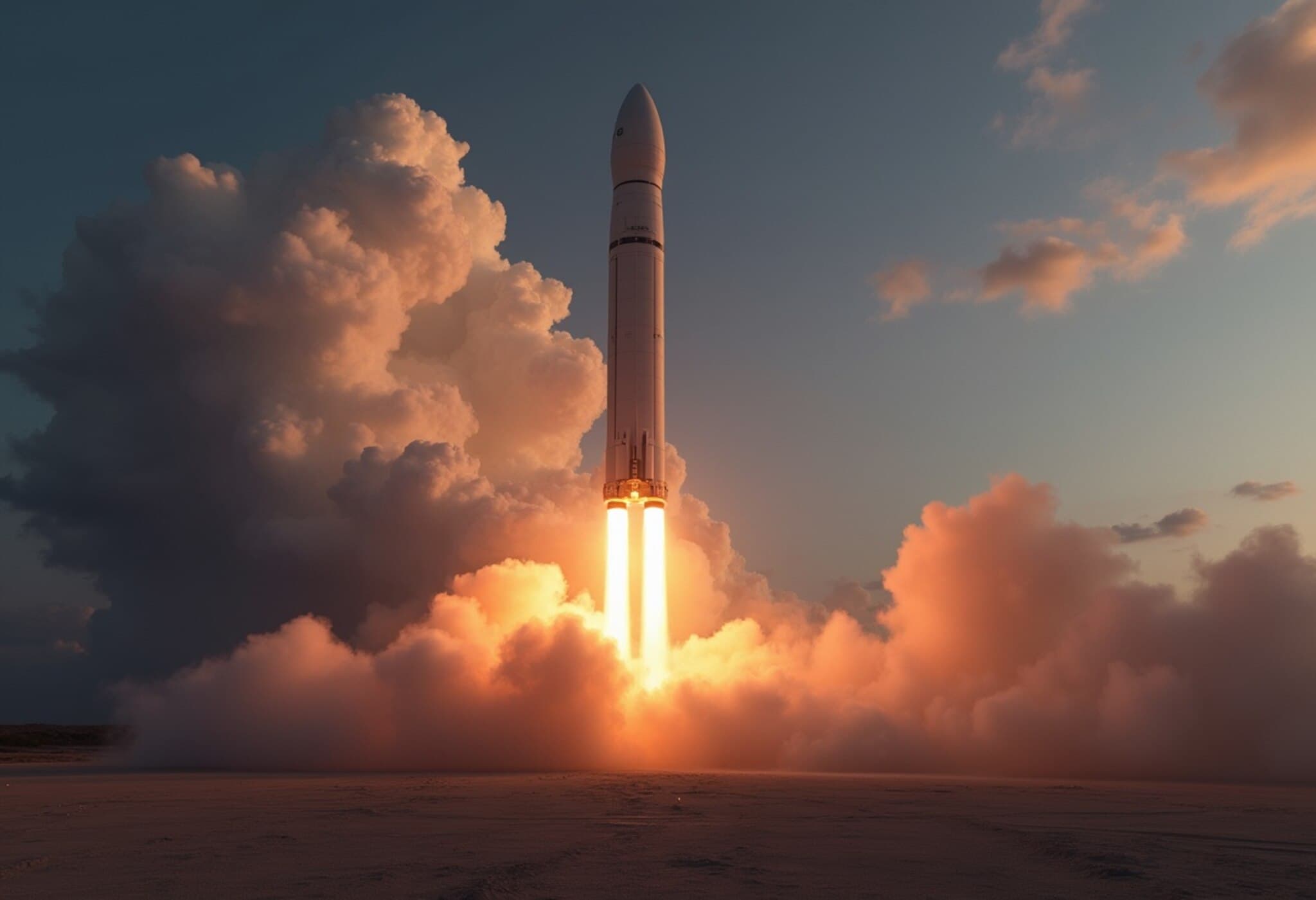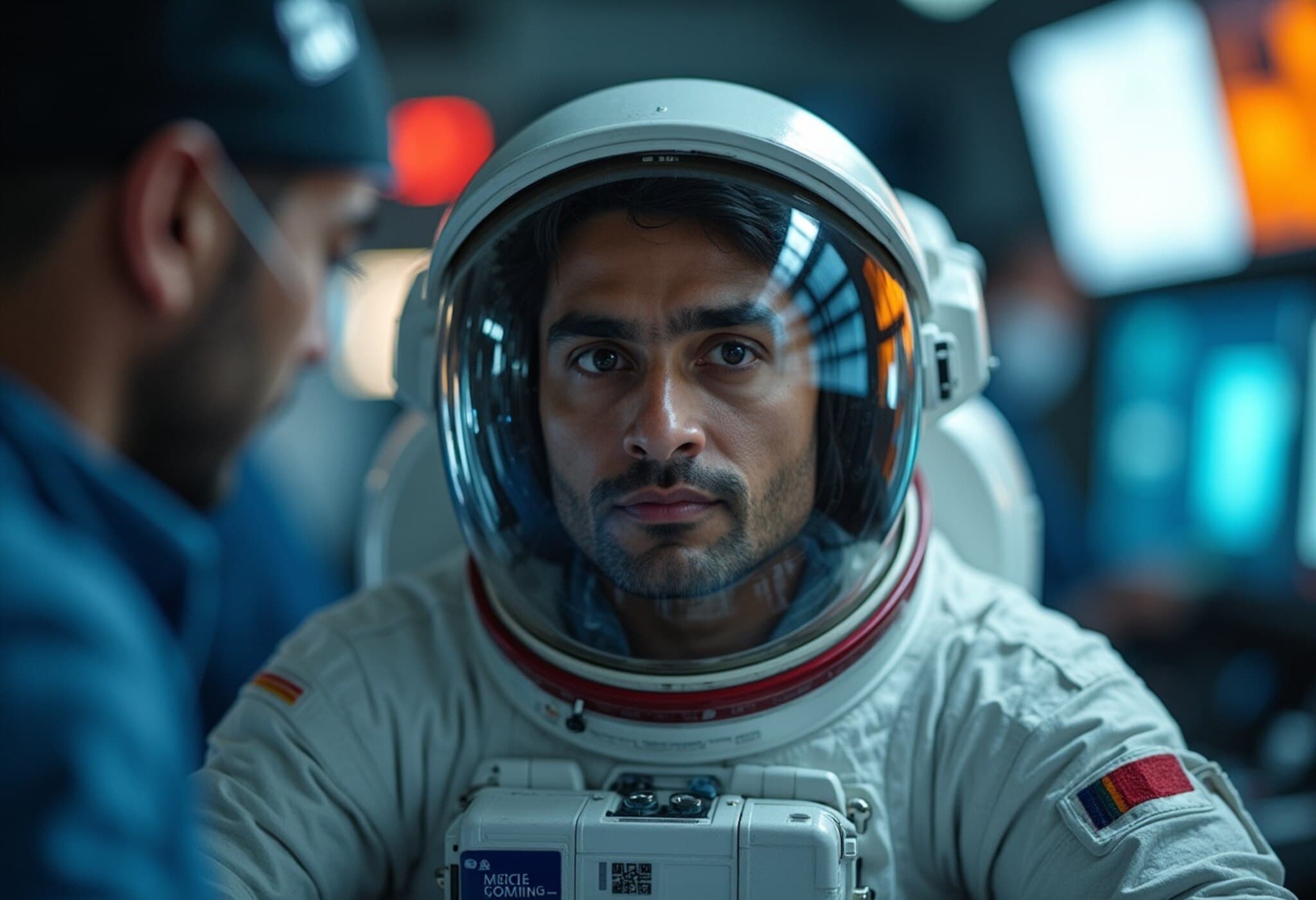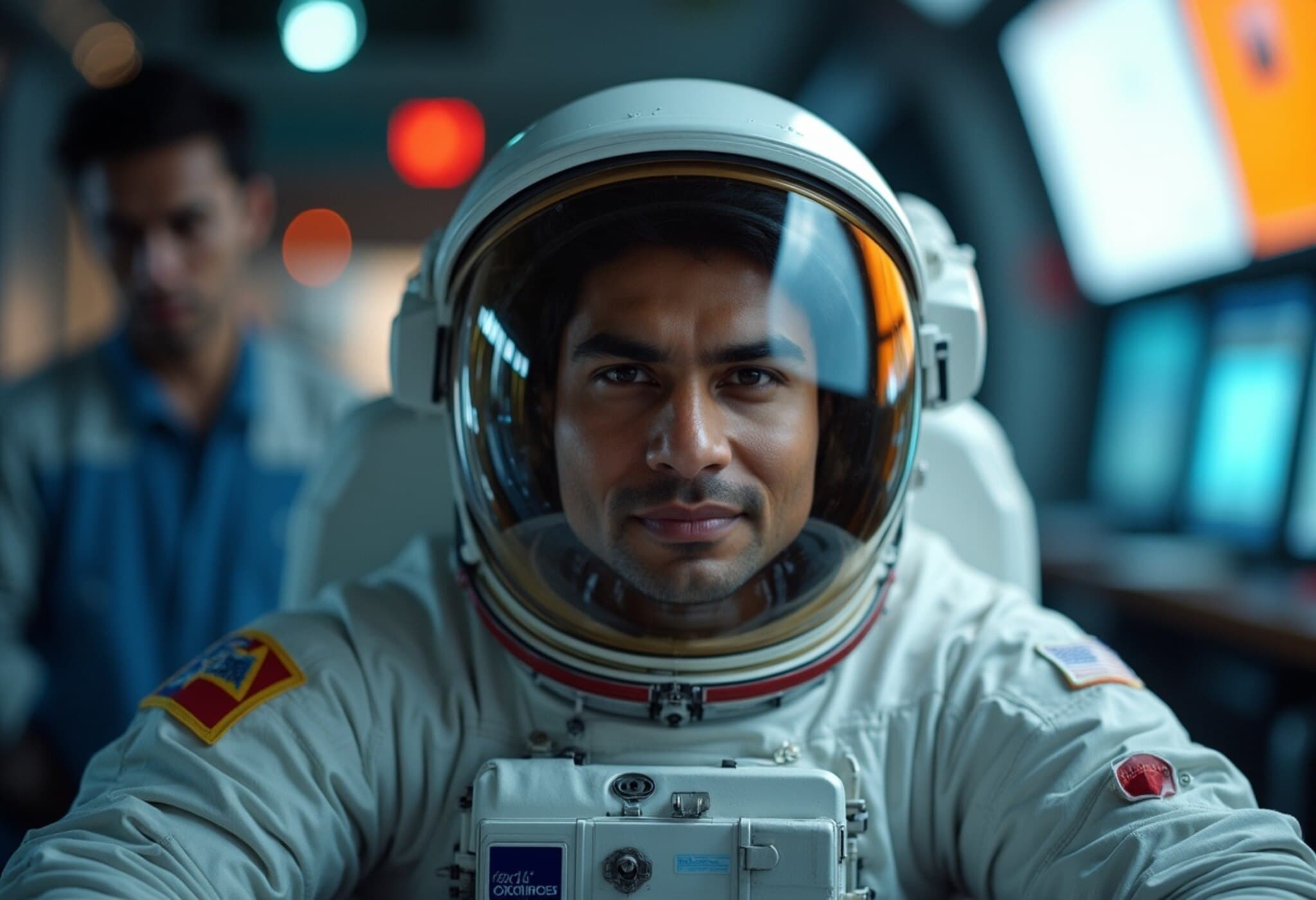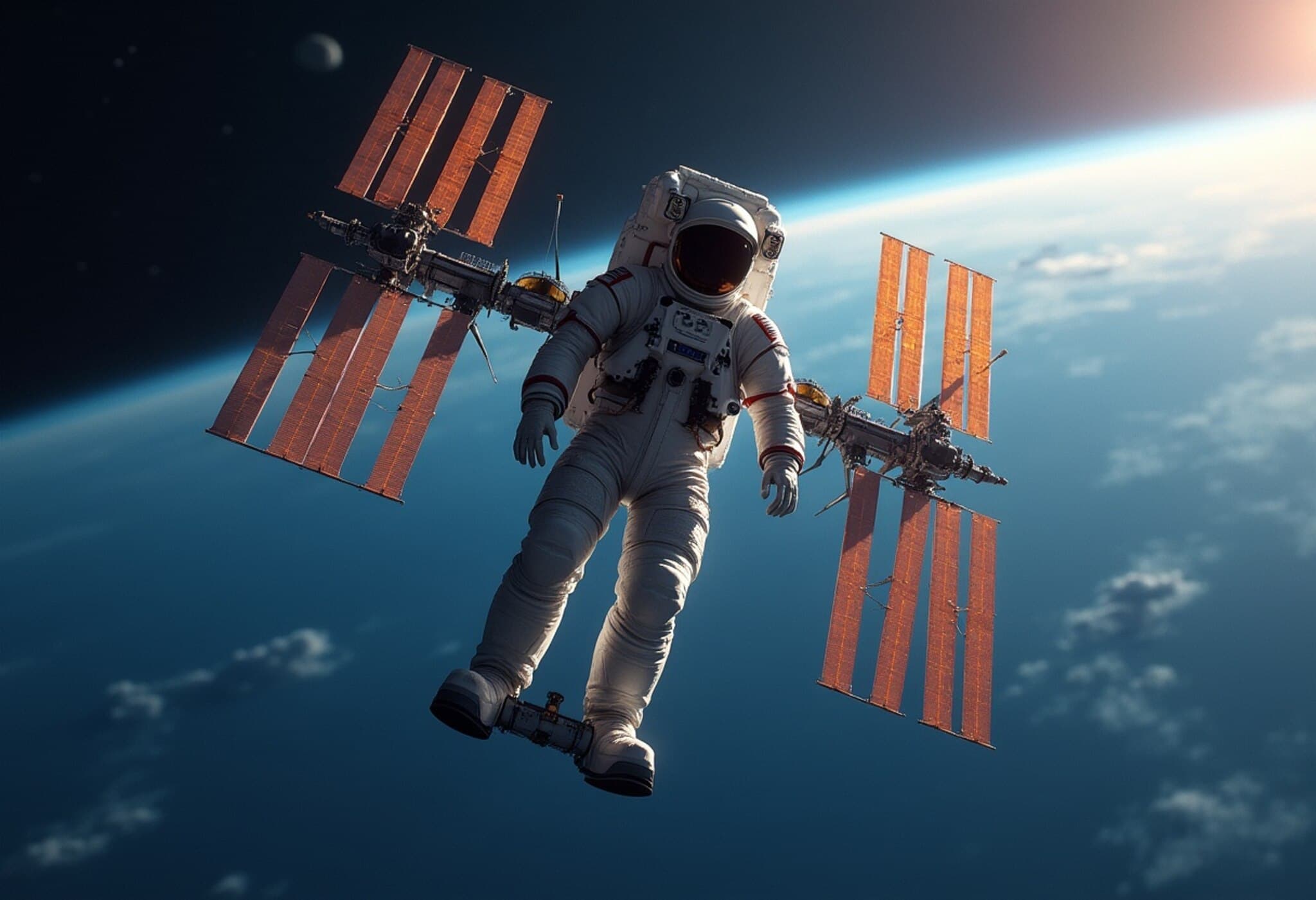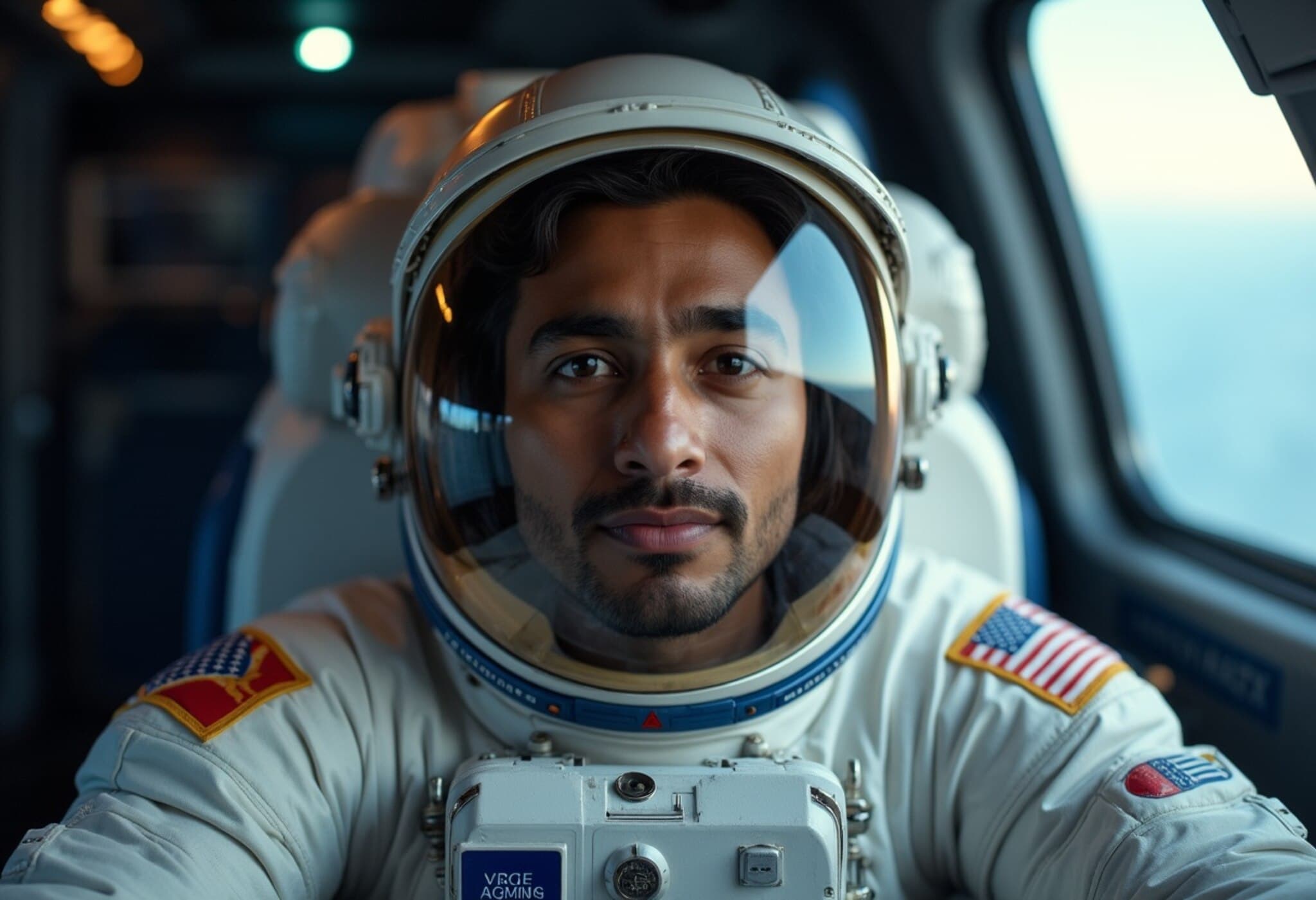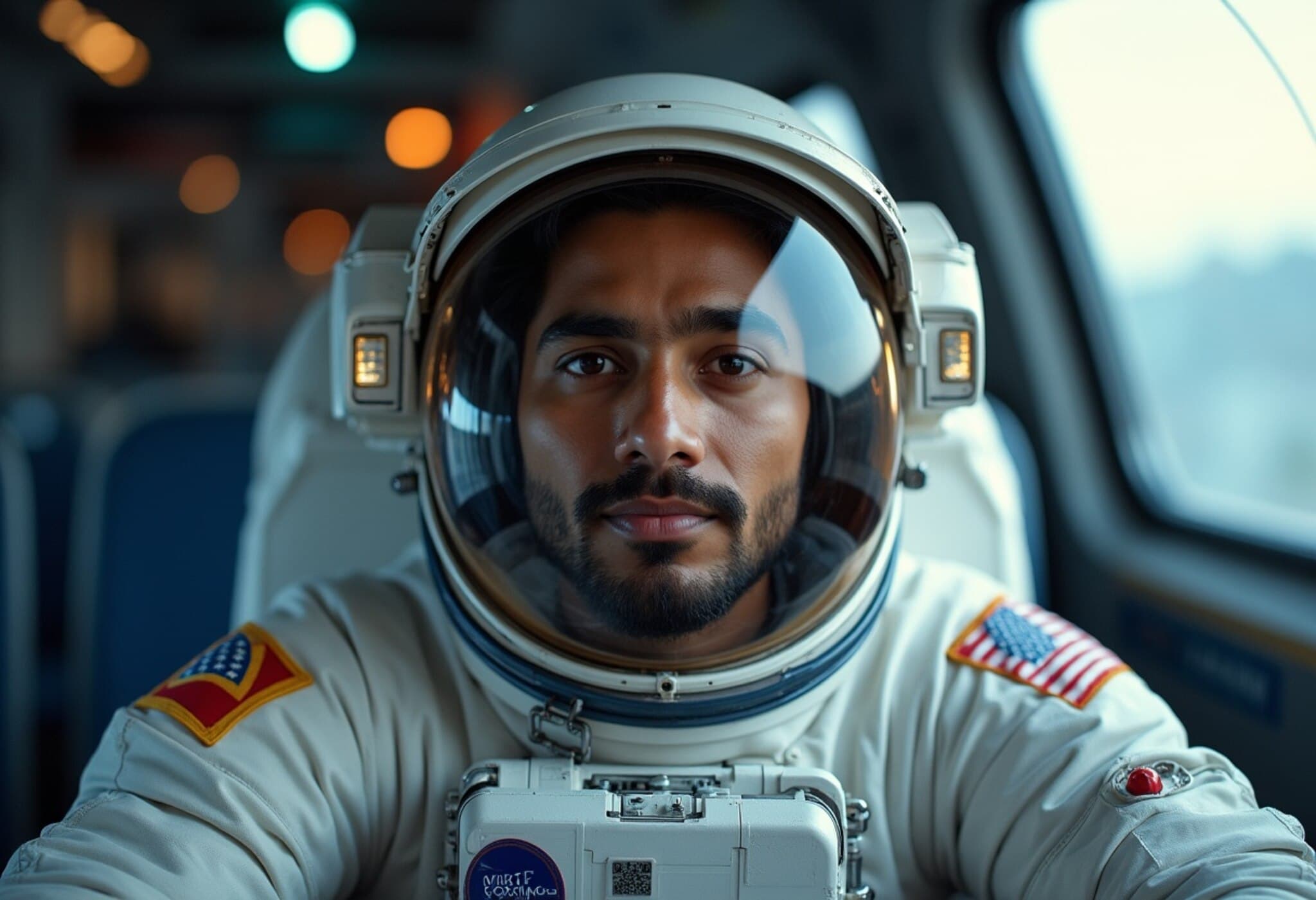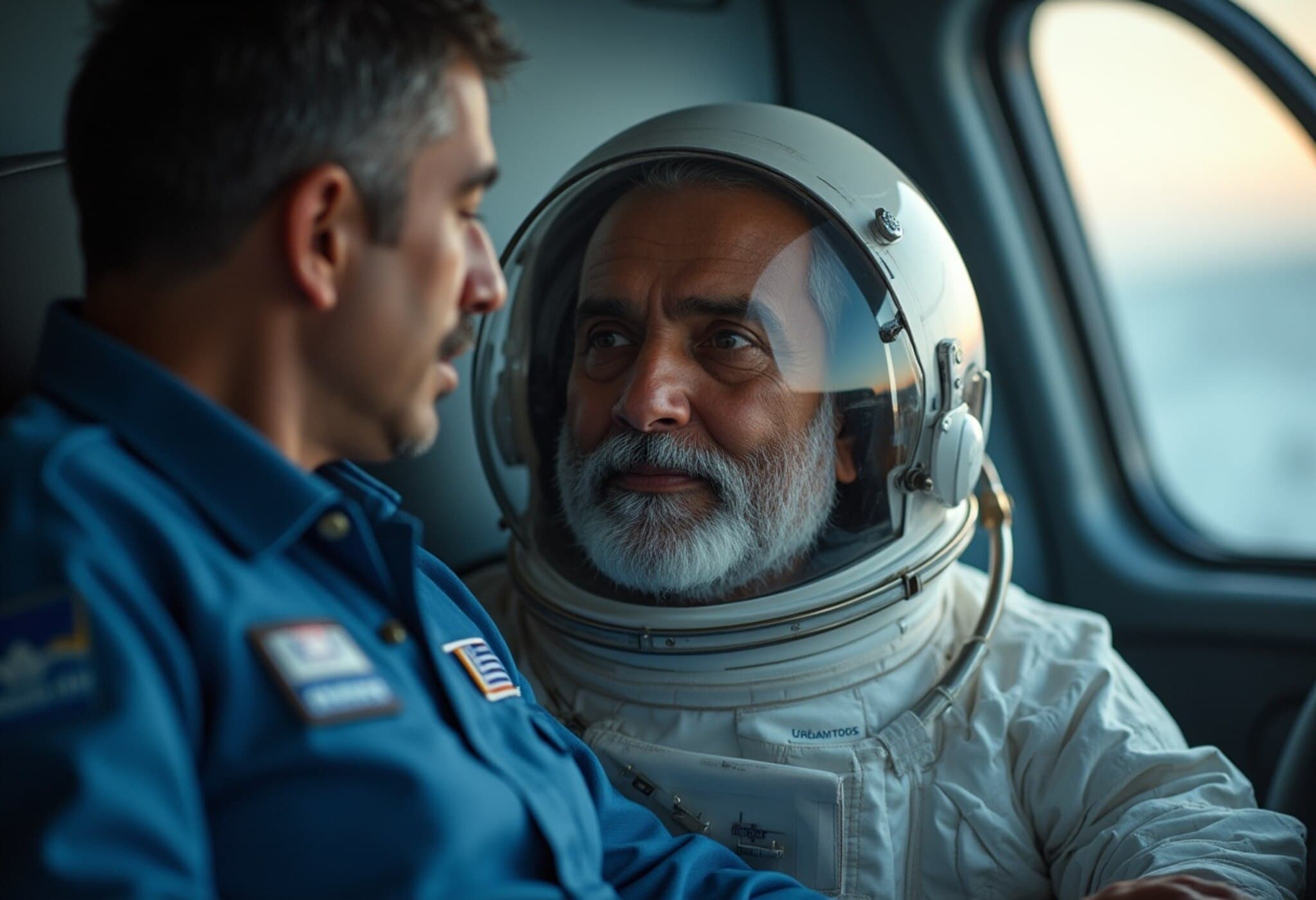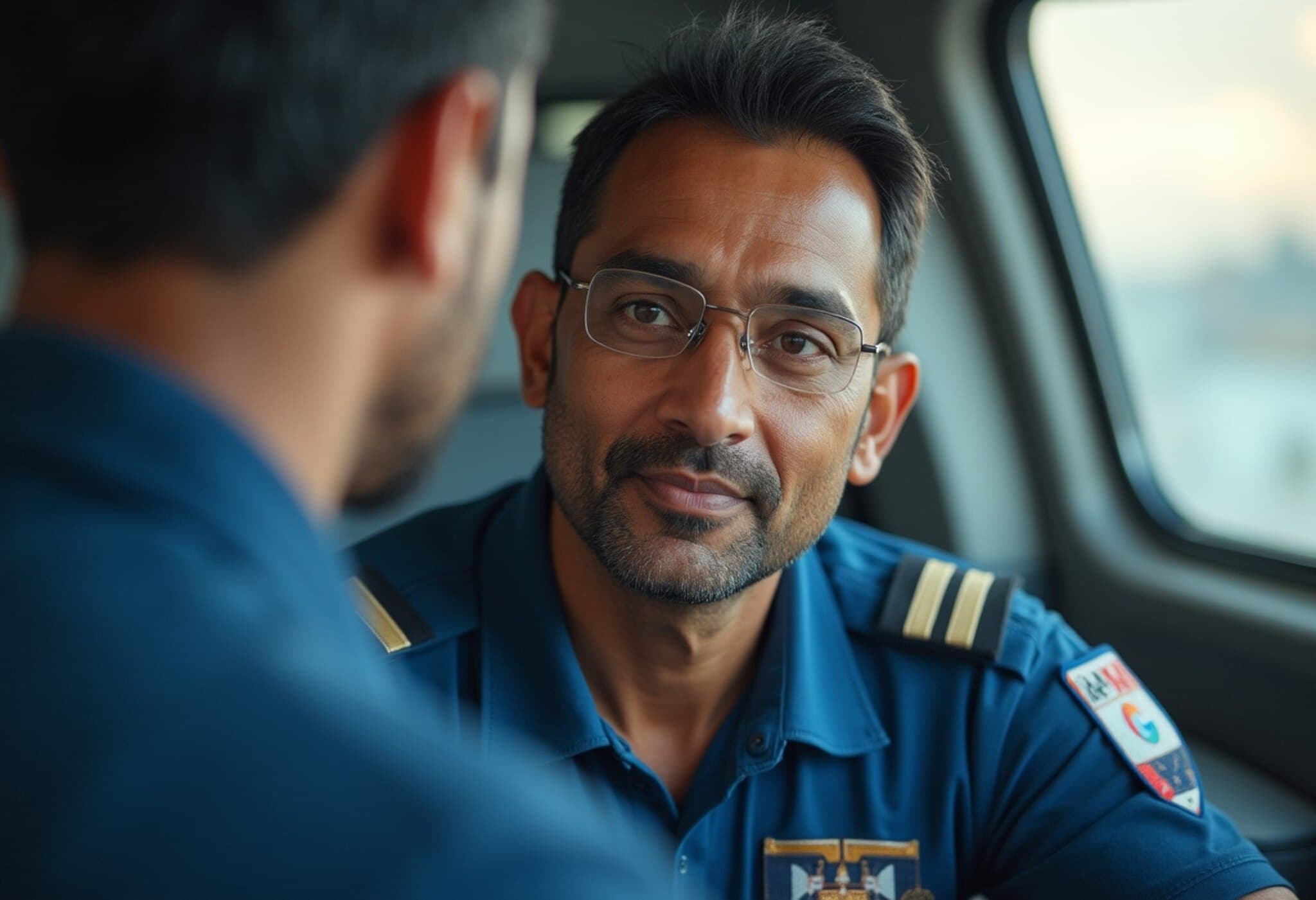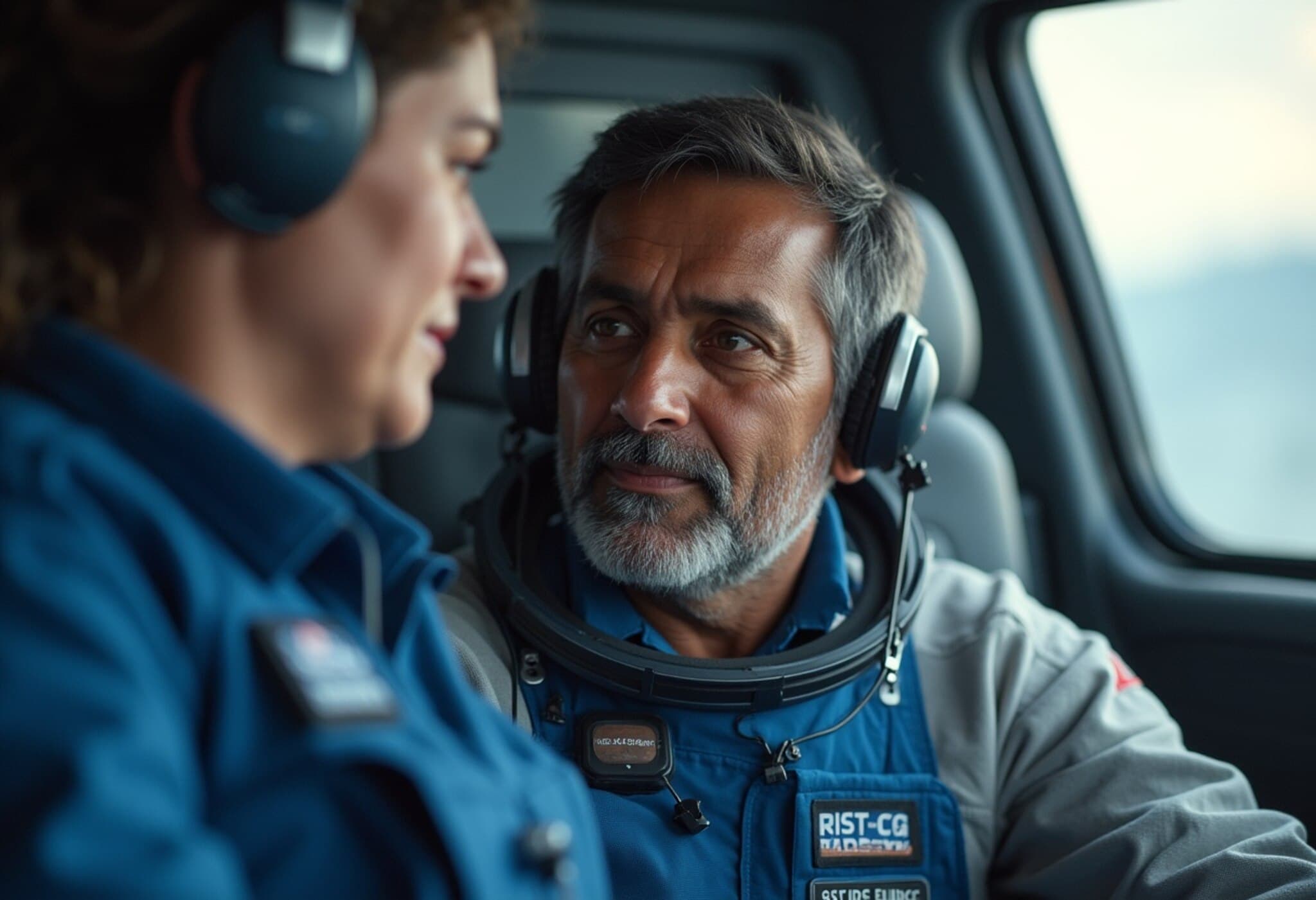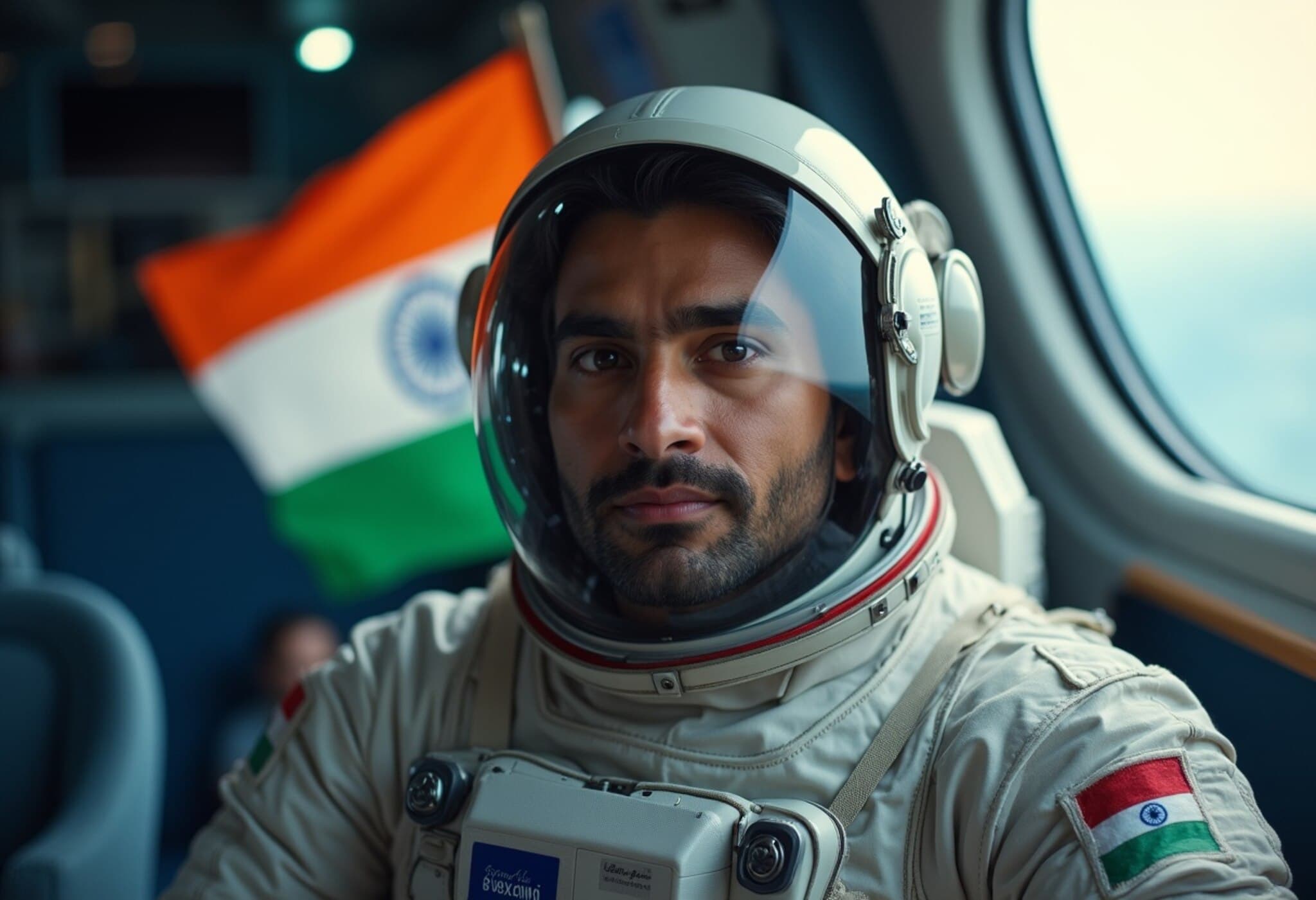Historic Splashdown: Indian Astronaut Shubhanshu Shukla Returns Home
July 15, 2025 — The SpaceX Dragon spacecraft, carrying Indian astronaut Group Captain Shubhanshu Shukla along with his multinational Axiom-4 (Ax-4) crewmates, safely splashed down in the Pacific Ocean off the coast of California on Tuesday, concluding an inspiring 18-day mission aboard the International Space Station (ISS).
The Dragon capsule undocked from the ISS at 4:45 pm IST on Monday, embarking on a carefully planned 22-hour journey back to Earth. Following multiple orbits and a precise deorbit burn, the spacecraft re-entered Earth’s atmosphere, braving searing temperatures up to 1,600°C as it descended at speeds exceeding 27,000 km/h.
Exhilarating Moments of Re-entry
The critical phase of re-entry — widely regarded as the most perilous segment of any spaceflight — was met with breathless anticipation both at Mission Control and among the families awaiting the crew’s return. For several tense minutes, communication was lost due to the plasma blackout caused by the capsule's fiery descent. The eventual safe splashdown heralded a triumphant moment for space enthusiasts worldwide.
Prime Minister Narendra Modi Celebrates a National Milestone
India’s Prime Minister Narendra Modi lauded Group Captain Shubhanshu Shukla’s achievement, emphasizing the inspirational impact of his journey. "I join the nation in welcoming Group Captain Shubhanshu Shukla as he returns to Earth from his historic mission to space. As India’s first astronaut to visit the International Space Station, he has inspired a billion dreams through his dedication, courage and pioneering spirit," Modi stated on X (formerly Twitter). He further highlighted how this milestone aligns with India’s ambitious vision of advancing its own human spaceflight program, Gaganyaan.
Behind the Mission: Scientific Breakthroughs and Collaborative Spirit
During the mission, Shukla and his crewmates — Commander Peggy Whitson (USA), Sławosz Uznanski-Wisniewski (Poland), and Tibor Kapu (Hungary) — contributed significantly to over 60 cutting-edge experiments aboard the ISS. Their work explored the effects of microgravity on humans and plants, with projects like the Sprouts Project focused on understanding plant growth in space conditions.
- Plant Biology: Research from the Sprouts Project is poised to advance agricultural technologies both in space missions and on Earth.
- Materials Science: Experiments investigating novel materials behavior in microgravity could inform future manufacturing and engineering processes.
- Artificial Intelligence: Tests on the ISS aimed to refine AI applications in autonomous systems and data analysis in isolated environments.
This multinational effort underscores the global nature of modern space exploration, where nations pool expertise to push the boundaries of knowledge.
Next Steps: Rehabilitation and Reflection
Following their splashdown recovery, the crew will be transported to NASA’s Johnson Space Center in Houston for comprehensive medical evaluations. After enduring microgravity’s effects on bodily systems — from bone density reduction to muscle atrophy — astronauts face significant challenges readjusting to Earth's gravity.
Medical teams will assess parameters such as mobility, balance, strength, and cardiovascular endurance, tailoring personalized rehabilitation plans to ensure a smooth transition back to terrestrial life. This reconditioning phase is critical, not just for the astronauts’ health but as a blueprint for supporting future long-duration missions, including potential journeys to the Moon and Mars.
Why This Mission Matters: Broader Implications for India and Global Space Exploration
Shubhanshu Shukla’s successful mission to the ISS symbolizes more than personal achievement; it marks India’s expanding footprint on the international space stage. His journey inspires a generation of young scientists, engineers, and explorers across the country and beyond.
As India accelerates its human spaceflight ambitions through projects like Gaganyaan, missions like these lay the foundation for indigenous capabilities in space travel, technology development, and scientific research.
Moreover, this international collaboration highlights a growing trend: space exploration is increasingly a concert of global partners working together to unlock mysteries of the cosmos, improve life on Earth, and inspire humanity to look beyond our planet.
Expert Insight
Dr. Rajiv Menon, a space policy analyst, comments, "Shukla’s participation in the Ax-4 mission represents a pivotal moment for India’s space ambitions. It demonstrates the country’s readiness to contribute meaningfully to human spaceflight and scientific inquiry in low Earth orbit. The data gleaned from this mission will feed directly into the design and safety protocols of the upcoming Gaganyaan flights, bridging international experience with indigenous aspirations."
Editor’s Note
Group Captain Shubhanshu Shukla’s return marks both a proud milestone and a stepping stone toward India’s future in space. As the nation celebrates this achievement, critical questions remain: How will India leverage these insights to bolster its domestic space capabilities? What strategies will foster greater global collaboration without compromising national interests? And fundamentally, how will this mission shape public enthusiasm and policy support for expansive space exploration initiatives in the years to come?
For readers intrigued by the nexus of international cooperation, cutting-edge science, and national pride, Shukla’s journey offers a compelling narrative — one of courage, curiosity, and the relentless human spirit venturing beyond Earth's bounds.

